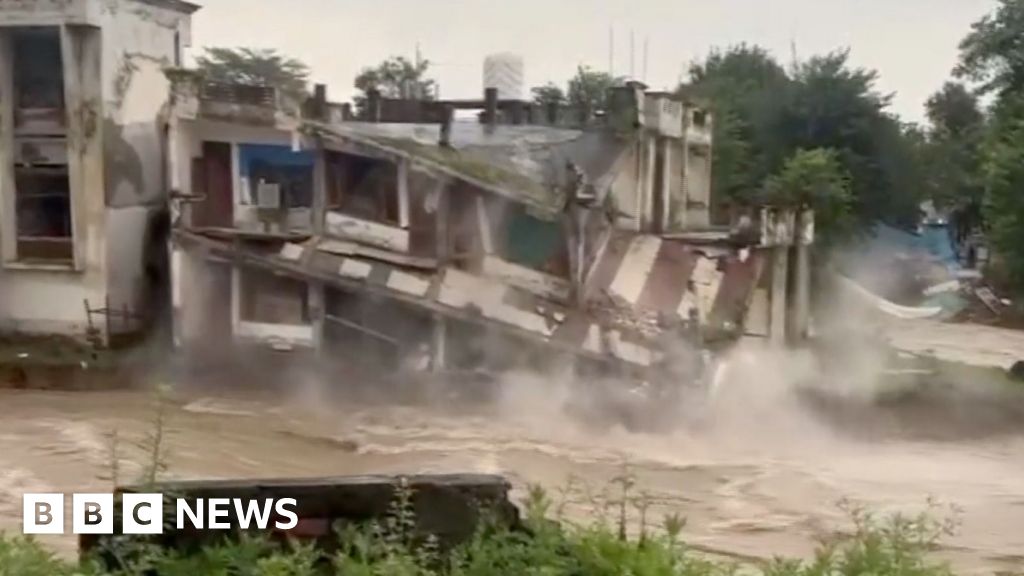Officials in Texas face criticism for failing to allocate funds toward advanced early warning systems designed to mitigate flash flood risks in a region prone to sudden, severe rainfall events. Recent devastating floods along the Guadalupe River tragically resulted in the deaths of at least 121 individuals, including 36 children.
Experts specializing in early warning systems express concerns that global capabilities in predicting and effectively communicating flash flood threats remain insufficient. They emphasize that mere improvements in forecasting are not adequate to avert tragedies, as miscommunications and lack of public trust can often worsen outcomes.
"Flash floods are incredibly challenging to prevent," explains Erin Coughlan de Perez, a disaster risk management researcher at Tufts University. She notes that governments worldwide, regardless of their economic status, often grapple with budget constraints that either lead to ineffective systems or create too many false alarms, which ultimately erodes public confidence.
The recent catastrophe in Valencia, Spain, has drawn attention to similar failings. Last year, over 200 individuals lost their lives due to flash floods exacerbated by inadequate warnings from an alert system that was not activated until the situation had already turned critical. A resident recounted the tragedy, stating, “When the alert came, my grandpa had already drowned.”
The perennial challenge of adequately preparing for flash floods intensifies with climate change, which has already begun to increase the frequency and intensity of such events. "There’s a major ‘cry wolf’ issue because flash floods are so hard to predict,” cautions Dr. Coughlan de Perez. The infrequency of these events complicates the need for communities to invest in early warning systems, even amid rising incidents of extreme weather.




















